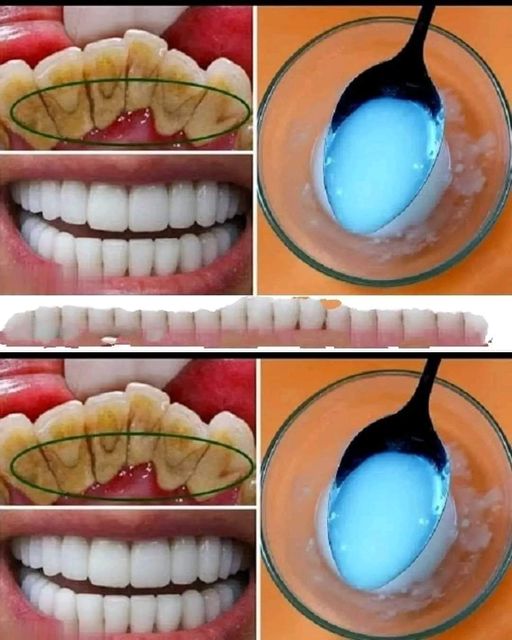White vinegar and water
A solution of white vinegar and water is believed to reduce plaque formation due to its antimicrobial properties. However, vinegar can also cause enamel erosion due to its acidity.13 If you are interested in using a solution of white vinegar and water as a mouthwash, consult your dentist first.
Oil pulling
Oil pulling involves swishing cooking oil (e.g., coconut or sesame oil) around the mouth to improve dental health. Some studies have found it to reduce plaque formation, but more research is needed before it can be recommended as a treatment.14
Lnu R, Kaushik M, Reddy P, Udameshi P, Mehra N, Marwaha A. The effect of coconut oil pulling on Streptococcus mutans in saliva compared with chlorhexidine mouthwash. The Journal of Contemporary Dental Practice. 2016;17(1):38-41. doi:10.5005/jp-journals-10024-1800
Removing tartar from your teeth
Tartar cannot be treated at home. Regular brushing cannot remove it. Only a dentist can remove tartar. Treating tartar involves a visit to the dentist and a professional oral cleaning.15
During a dental visit, the dentist or dental hygienist will scrape away plaque and tartar. They may also suggest other treatment options.
prevention
During your regular checkup, your dentist may recommend other treatments to prevent plaque and tartar buildup. Dental sealants and fluoride treatments are two common options for protecting your teeth.
Dental sealants:
Sealants are a painted-on plastic coating applied to the areas of the teeth affected by chewing. Sealants are often applied to the molars and premolars.
The liquid sealant is applied to the teeth, covering the grooves in each tooth. It is then “cured,” or hardened, with a special type of light. This sealant protects the tooth enamel from bacteria and food.16
Fluoride treatments
Fluoride is a mineral that prevents tooth decay by strengthening teeth’s resistance to acid. Fluoride treatment can also reverse early tooth decay.17
White vinegar and water

